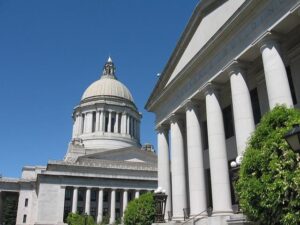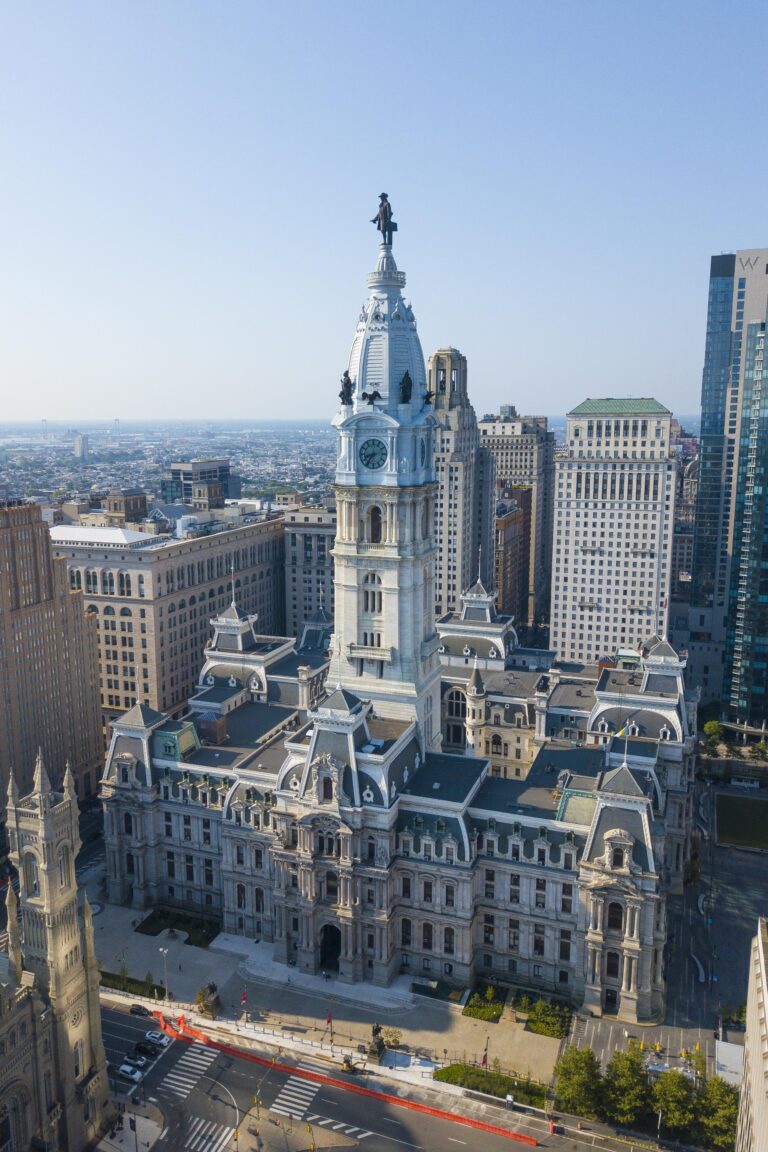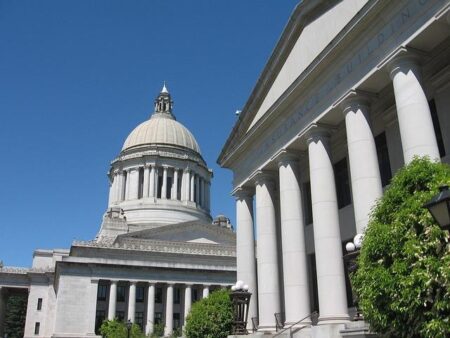Philadelphia Federal Court Examines Crucial Free Speech Appeal in ICE Detention Case
A federal court in Philadelphia is currently deliberating on a landmark appeal that challenges the intersection of free speech rights and immigration enforcement. The case centers on a Columbia University student who was detained by U.S. Immigration and Customs Enforcement (ICE) after publicly voicing criticism of certain government policies. This legal dispute raises fundamental constitutional questions about whether the student’s First Amendment rights were violated by what some argue was retaliatory detention linked to their expressive conduct.
Examining the Boundaries of Free Expression Amid Immigration Enforcement
At the heart of this case is the debate over the extent to which free speech is protected when it involves politically sensitive topics, especially in the context of immigration. The court is tasked with determining whether ICE’s actions constituted an unlawful suppression of dissent or were justified under existing legal frameworks. Key issues under review include:
- Defining the limits of protected speech in politically charged environments
- Legal criteria for detention related to expressive activities
- Precedents concerning government retaliation against critics
Legal analysts emphasize that the verdict could redefine protections for individuals involved in immigration-related activism, potentially influencing enforcement policies nationwide.
| Core Issue | Potential Impact | Current Status |
|---|---|---|
| Speech Triggering Detention | Determines if speech led to unlawful detention | Under Judicial Review |
| ICE Enforcement Authority | Clarifies limits of ICE’s power over speech | Disputed |
| First Amendment Scope | Could expand free speech protections | High Stakes |
Implications for Student Activism and Immigrant Rights: Insights from Legal Experts
The legal community is closely monitoring this appeal, recognizing its potential to set a precedent that reshapes free speech rights for student activists, particularly those from immigrant backgrounds. Experts note that the case extends beyond the individual, potentially influencing how immigration enforcement interacts with constitutional protections on university campuses nationwide. The involvement of ICE in detaining a student engaged in political expression raises urgent questions about the permissible scope of government authority in academic settings.
Key legal considerations include:
- First Amendment Protections: Whether the student’s detention violated rights to free speech and peaceful assembly.
- Due Process: Examination of procedural fairness during detention amid activism-related circumstances.
- Chilling Effect on Immigrant Students: Potential deterrence of civic engagement within immigrant communities due to fear of reprisal.
| Legal Focus | Possible Outcome |
|---|---|
| Free Speech Rights | Broadened protections for campus activists |
| ICE Enforcement Boundaries | Defined limits on immigration authority in academic contexts |
| Student Legal Protections | Enhanced procedural safeguards |
Calls for Reform: Protecting Free Expression on College Campuses
In response to the ongoing case, community advocates and campus leaders are urging comprehensive reforms to ensure robust protections for free speech within higher education institutions. They warn that without clear safeguards, students—especially those from marginalized or immigrant backgrounds—may self-censor due to fears of legal consequences or retaliation. These calls emphasize the importance of fostering an environment where political discourse and activism can thrive without intimidation.
Proposed reforms focus on several critical areas:
- Establishing clear institutional policies that protect student speech from discrimination or coercion.
- Creating transparent protocols for campus interactions with law enforcement to uphold student rights.
- Expanding access to legal resources for students at risk of detention or deportation linked to activism.
- Implementing educational initiatives to raise awareness about constitutional rights and free expression.
| Policy Focus | Current Challenge | Suggested Reform |
|---|---|---|
| Student Speech Protections | Varied and inconsistent policies | Standardized free speech guidelines |
| Law Enforcement Transparency | Opaque procedures | Mandatory disclosure and reporting |
| Legal Support Availability | Insufficient resources | Increased funding and expanded services |
| Rights Education | Low awareness among students | Comprehensive orientation and training programs |
Strategies for Universities and Legislators to Aid Vulnerable Student Populations
To better support students facing immigration-related challenges, universities should establish dedicated legal aid centers offering confidential advice and assistance. These centers can partner with local advocacy organizations to provide holistic support, including mental health counseling and academic accommodations. Faculty and staff training on immigrant rights and free speech protections is also essential to cultivate a campus culture that respects and defends vulnerable students.
On the legislative front, policymakers are encouraged to enact laws that protect educational spaces from unauthorized immigration enforcement activities, ensuring students can pursue their studies without fear of detention or deportation. Transparency requirements for immigration authorities operating near campuses should be mandated to foster accountability. The following table outlines key legislative recommendations:
| Legislative Focus | Objective | Expected Benefit |
|---|---|---|
| Campus Sanctuary Policies | Limit ICE operations on university grounds | Enhanced safety and trust for students |
| Funding for Legal Aid | Support legal defense for affected students | Improved legal representation and outcomes |
| Free Speech Safeguards | Protect expression related to immigration issues | Preservation of critical dialogue and activism |
- Mandatory training programs on immigrant rights for university personnel.
- Collaborations with local legal and mental health service providers.
- Clear guidelines governing ICE presence and actions on or near campuses.
Looking Ahead: The Broader Impact of the Philadelphia Appeal
As the Philadelphia federal court continues to evaluate this pivotal appeal, the case underscores vital issues at the crossroads of free speech, immigration enforcement, and civil liberties. Nationwide observers recognize that the court’s decision could establish influential legal precedents affecting immigrant communities and First Amendment protections alike. The ruling, anticipated in the near future, will not only determine the fate of the Columbia University student involved but may also shape how similar cases are addressed across the United States.
Ongoing coverage will track developments in this significant legal battle, highlighting its implications for students, immigrants, and advocates of free expression.








